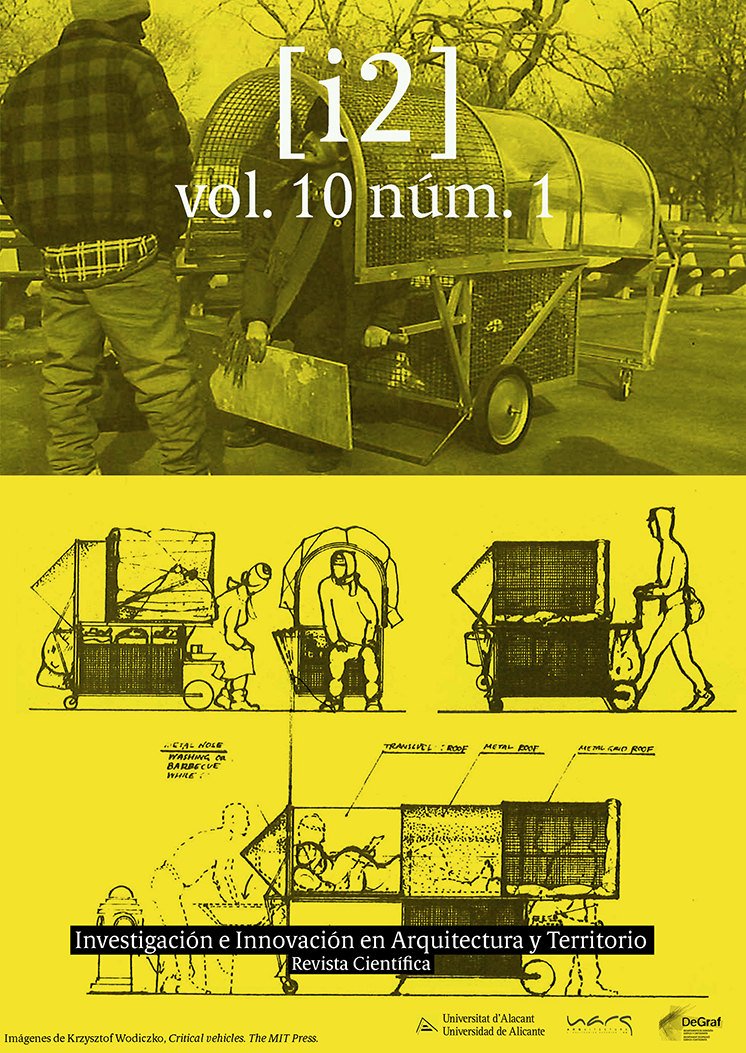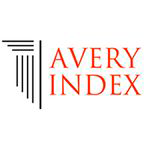Enseñanza de la arquitectura en Chile, 1999-2019. Potencial ecológico y sentido político colectivo de las prácticas del proyecto
DOI:
https://doi.org/10.14198/I2.20131Palabras clave:
Enseñanza, potencial ecológico, práctica proyectual, comunidad localResumen
En las últimas dos décadas se ha evidenciado que las estructuras y dinámicas adoptadas por el sistema de educación superior, tendientes a homologar parámetros universitarios, han afectado también los procesos internos de las escuelas de arquitectura chilenas. No obstante, el sentido político y colectivo reflejado en las demandas planteadas por una nueva generación de estudiantes, informados y exigentes, ha desafiado tanto la política pública como a la pedagogía disciplinar. Dentro de un contexto de inercia institucional, las escuelas de arquitectura no siempre logran responder a las inquietudes de los estudiantes en forma reflexiva o propositiva, actuando reactivamente. Sin embargo, se avistan desde regiones del territorio chileno tres acciones pedagógicas que -en la línea radical de los años sesenta desafían el pensamiento normativo, cuestionando y reorganizando aspectos disciplinares que permiten repensar el potencial ecológico de las comunidades formativas. Estos casos entienden la docencia como práctica central, apuestan por otra forma de relación entre docentes y estudiantes, y combinan la práctica con la investigación, intentando reforzar la idea colectiva de comunidad a través del ejercicio académico del proyecto. En este artículo describiremos y analizaremos las condiciones que hacen posible la emergencia de estas acciones pedagógicas en sus comunidades, y el potencial ecológico de sus prácticas que agregan al proyecto un sentido político y colectivo que llega a re-significar, desde la base formativa, la disciplina arquitectónica.
Citas
ASCUI. H.; BURDILES, R.; LAGOS, R.; SAEZ, N. 2018. Taller de Barrio: hacia un modelo de formación intersectorial socialmente inclusivo en arquitectura. En: Actas III Congreso Intersecciones, Santiago de Chile. pp. 318-324.
[AULABORATORIO] LLANO, J.; BARRIENTOS, M.; FUENTEALBA, J. Como la institucionalización de las escuelas per-mite (o no) agenciar la pluralidad desde los inicios. En: Acta 1er Encuentro Nacional de Iniciación a la Arquitec-tura, Chile. (En imprenta).
BERNASCONI, A. 2017. Desafíos del futuro de la educación superior chilena. Santiago de Chile: Centro de políticas públicas. Disponible en: https://politicaspublicas.uc.cl/wpcontent/uploads/2017/08/Paper-N%C2%B0-96-Desaf%C3%ADos-del-futuro-de-laeducaci%C3%B3n-superior-chilena.pdf (Consulta: 12 de mayo de 2019).
COLOMINA, B. Radical pedagogies [en línea] Disponible en: https://radical-pedagogies.com/ (Consulta: 12 de sep-tiembre de 2020).
FUENTEALBA, J.; LAGOS, R. 2018. Enseñanza de la arquitectura y reformas. Mapeo de acciones y reacciones a partir de los años 2000 en Chile. En: Acta. III Congreso Intersecciones, Santiago de Chile. pp. 289-293.
FUENTEALBA, J.; BARRIENTOS, M.; GOYCOOLEA, R. y ARANEDA, C. 2019. Sistemas universitarios: ¿Soporte o corsé para la enseñanza de la arquitectura? En actas VII Jornadas sobre Innovación Docente en Arquitectura, JIDA'19. Madrid, ETSAM-UPM.
GARCIA, A. 2017. Otra Educación ya es Posible: Una Introducción a las Pedagogías Alternativas. Litera Libros, Ma-drid.
GUATTARI, F.; ROLNIK, S. 2006. Micropolítica. Cartografías del deseo. Madrid: Editorial Traficantes de sueños.
HARRISS, H; FROUD, D. 2015. Radical Pedagogies. Architectural Education and the British Tradition. Edited By RIBA Publishing, Londres.
LAGOS, R. 2013. Enseñanza de la arquitectura. Movimiento universitario y reformas en Chile, 1964-1973". Revista 180. No 32, pp.24-29
MABARDI, J. F.; LAGOS, R. 2012. Maestría del proyecto. Apuntes para una práctica de la enseñanza de la arquitectu-ra. Concepción (Chile): Ediciones de la Universidad del Bío-Bío.
MONTANER, J. M. 2003. Chile, arquitectura contemporánea. VISIÓN No 2. Barcelona: ETSAB, pp. 2
PAYMAL, N. 2015. Pedagooogia 3000, una pedagogía para el tercer milenio. Noemi Paymal. Editorial Kier, Buenos Aires.
ROMAN, J. 2011. Ondulaciones. Sobre las "obras de titulación en la Escuela de Arquitectura de la Universidad de Talca. Revista SUMMA. No 117. pp. 125-131.
SCHWEITZER, A. 1992. El taller: teoría y práctica en la docencia universitaria. Santiago de Chile: Ediciones CPU.
STENGERS, I. 2017. En tiempos de catástrofes. Como sobrevivir a la barbarie que viene. Barcelona. NED edicio-nes/Futuro anterior.
TORRES-NADAL, J. M..; NIETO, E. 2014. El modelo Alicante: disidencias espaciales en la enseñanza del proyecto de arquitectura [en línea]. Estudio Torres Nadal. Disponible en: http://www.torresnadal.com/el-modelo-alicante-disidencias-espaciales-en-la-ensenanza-del-proyecto-de-arquitectura/. (Consulta: 12 de septiembre de 2020).
TZONIS, A. 2014. Architectural education: The core and the local. Frontiers of Architectural Research. Volume 3, Issue 2, June, pp. 224-226. https://doi.org/10.1016/j.foar.2014.04.001
URIBE, J. L.; GRIBORIO, A. 2013. Talca. Cuestión de educación. Ciudad de México: Editorial Arquine.
WAGNER, L. Ch. 2019. Reclaiming the Public Space. Young Chilean architects revive performative concepts of the 1960s. Arch these Review. No 3, pp. 44-51.
Descargas
Estadísticas
Publicado
Cómo citar
Número
Sección
Licencia
Derechos de autor 2022 Macarena Paz Barrientos Díaz, Rodrigo Lagos Vergara

Esta obra está bajo una licencia internacional Creative Commons Atribución 4.0.







